Yes, hydroponics can be better than soil for growing plants. It often results in faster growth and higher yields.
But, there are some challenges and costs involved. Hydroponics is a method of growing plants without soil. Instead, it uses nutrient-rich water. This system can offer several benefits over traditional soil gardening. Plants can grow faster, and yields can be higher.
This is due to the controlled environment and direct nutrient delivery. But, hydroponics also comes with its own set of challenges. Initial setup costs can be high, and it requires careful monitoring. Comparing hydroponics to soil-based gardening helps you understand which method suits your needs best. You can make an informed choice by weighing the pros and cons of each. So, is hydroponics truly better than soil? Let’s explore further.

Credit: www.youtube.com
Introduction To Hydroponics
Hydroponics is a way of growing plants without soil. Instead, plants grow in water with nutrients. This method can be used inside or outside. Plants grow faster with hydroponics. They also use less water than soil.
The idea of growing plants without soil is not new. Ancient civilizations used it. The Hanging Gardens of Babylon might have used hydroponics. In the 1930s, scientists studied it more. They found it could help grow food in space. Today, many farmers use hydroponics. It helps them grow more food in less space.
Basics Of Soil Gardening
Traditional soil gardening uses natural earth. Plants grow in soil, absorbing nutrients from it. Soil also holds water and air for plants. Gardeners often fertilize the soil to enrich it. Compost and manure are common fertilizers. Soil health is key. Weeds and pests can be a problem in soil gardening. Regular weeding and pest control are needed. Soil gardening depends on the weather. Rain and sun affect plant growth. Soil gardening is a traditional method of growing plants.
- Natural way to grow plants.
- Soil provides nutrients and minerals to plants.
- Composting improves soil quality.
- Soil can hold water for plants.
- Microbes in soil help plant growth.
- Soil gardening can be cost-effective.
- Variety of plants can grow in soil.
Comparing Growth Rates
Hydroponics often leads to faster plant growth compared to soil. This method provides direct nutrients to the roots. Soil growth relies on natural nutrient breakdown.
Speed Of Growth In Hydroponics
Plants in hydroponics can grow faster. This is because roots get more oxygen. Nutrients are always available. Light and temperature are controlled. These factors help plants grow quickly. Hydroponics can reduce growth time by up to 50%. Many people see results in days. This makes hydroponics very effective.
Growth Rates In Soil
Plants in soil grow at a slower rate. Soil plants rely on natural elements. Water and nutrients may not be always available. Soil also has pests and diseases. These can slow down growth. Plant growth depends on weather too. This makes soil less reliable. Faster growth is seen in hydroponics.
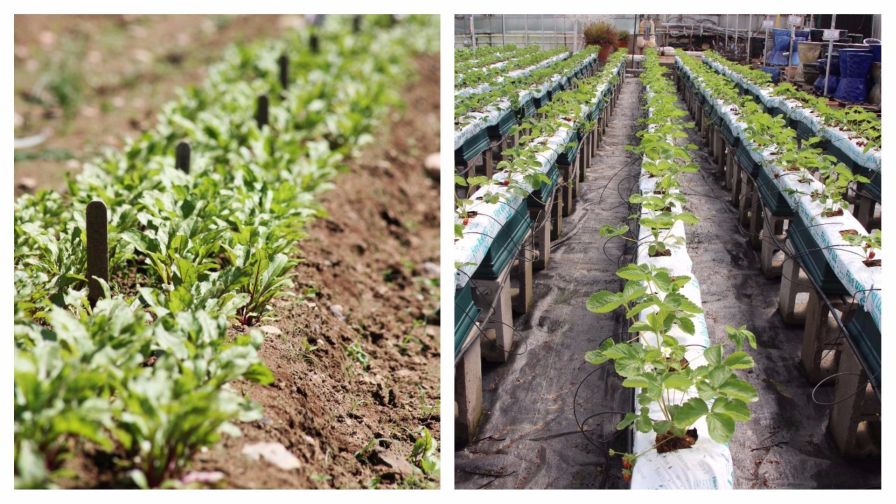
Credit: www.growingproduce.com
Nutrient Management
Hydroponics offers precise control over nutrients. Plants get exactly what they need. No more, no less. The grower adjusts the nutrient mix. This leads to faster growth. Healthier plants too.
Soil can be tricky. Nutrients might be unevenly distributed. Some areas have more nutrients. Others have less. Plants might struggle in nutrient-poor spots. Soil quality varies. Sometimes pests and diseases affect nutrient uptake.
Water Usage Efficiency
Hydroponics uses less water than traditional soil farming. This method recycles water, reducing overall consumption. It can be a more efficient choice for water conservation.
Water Consumption In Hydroponics
Hydroponics uses much less water than soil gardening. The water used in hydroponics can be recycled. This means plants get the same water again. Less water is wasted. Hydroponics can save up to 90% more water.
Water Needs In Soil Gardening
Soil gardening needs more water. Water can be lost due to evaporation and runoff. The water goes deep into the ground, away from roots. More water is needed to keep soil gardens healthy.
Space And Yield
Hydroponics needs less space than soil gardening. Plants grow in water, not dirt. This allows them to be closer together. Small spaces work well for hydroponics. Vertical farming is easy with hydroponics. You can grow more plants in a small area. This is great for urban gardening or small homes.
Hydroponics often gives higher yields than soil. Plants get nutrients directly from water. This helps them grow faster and stronger. No need to compete for nutrients in soil. Hydroponic systems control light, water, and temperature. This creates perfect growing conditions. As a result, plants can produce more fruits and vegetables.
Pest And Disease Control
Hydroponics can reduce pest problems. There is no soil for pests to hide. Pests find it hard to live in water. This means fewer bugs. This is great for plant health. You can also control the environment better. Use nets and covers to keep pests out.
Soil can carry many diseases. These can harm plants. Hydroponics does not use soil. This means fewer soil-borne diseases. Plants stay healthier. You can grow more plants. Clean the system often. This keeps diseases away.
Environmental Impact
Hydroponics uses less water than soil farming. This method recycles water. There is no runoff, so it keeps water clean. Hydroponics also uses fewer pesticides. This keeps the environment safe. Plants grow faster in hydroponics. This means we can grow more food in less space.
Soil farming can cause erosion. This happens when soil washes away. Erosion can damage land. Soil farming also uses more water. Some water is lost in the soil. This is not good for dry areas. Pesticides and fertilizers can wash into rivers. This can hurt fish and other animals.
Cost Considerations
Starting hydroponics can be costly. You need special equipment. Pumps, lights, and nutrients are essential. These items can add up quickly. Soil gardening, on the other hand, requires fewer tools. You may only need basic gardening tools and seeds. For many, soil is cheaper at the start.
Long-term costs can be different. Hydroponics uses less water. This can save money over time. Nutrient solutions need regular buying. This adds to the cost. Soil gardening may need more water. It can also need fertilizers. These can be expensive too. Long-term, both methods have costs to consider.
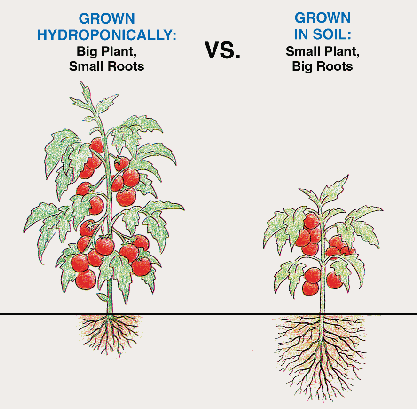
Credit: mrstacky.com.au
Frequently Asked Questions
What Is Hydroponics?
Hydroponics is a method of growing plants without soil. It uses nutrient-rich water solutions. This method offers faster growth and higher yields.
Is Hydroponics More Efficient Than Soil?
Yes, hydroponics is often more efficient than soil. It uses less water and space. Plants grow faster and produce higher yields.
Can You Grow All Plants Hydroponically?
Most plants can be grown hydroponically. Leafy greens, herbs, and tomatoes thrive in hydroponic systems. However, some root vegetables may be challenging.
What Are The Main Benefits Of Hydroponics?
Hydroponics offers many benefits. It saves water, requires less space, and produces faster growth. It also reduces pest problems and allows year-round cultivation.
Conclusion
Hydroponics and soil gardening each have their own benefits. Hydroponics uses less water. Soil offers natural nutrients. Choose based on your needs and environment. Both methods can yield healthy plants. Experiment to see which works best for you. Enjoy the process and happy gardening!

My mission is to help you bring the beauty of nature indoors with expert advice, detailed plant care guides, and creative design ideas.
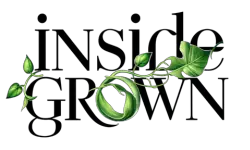
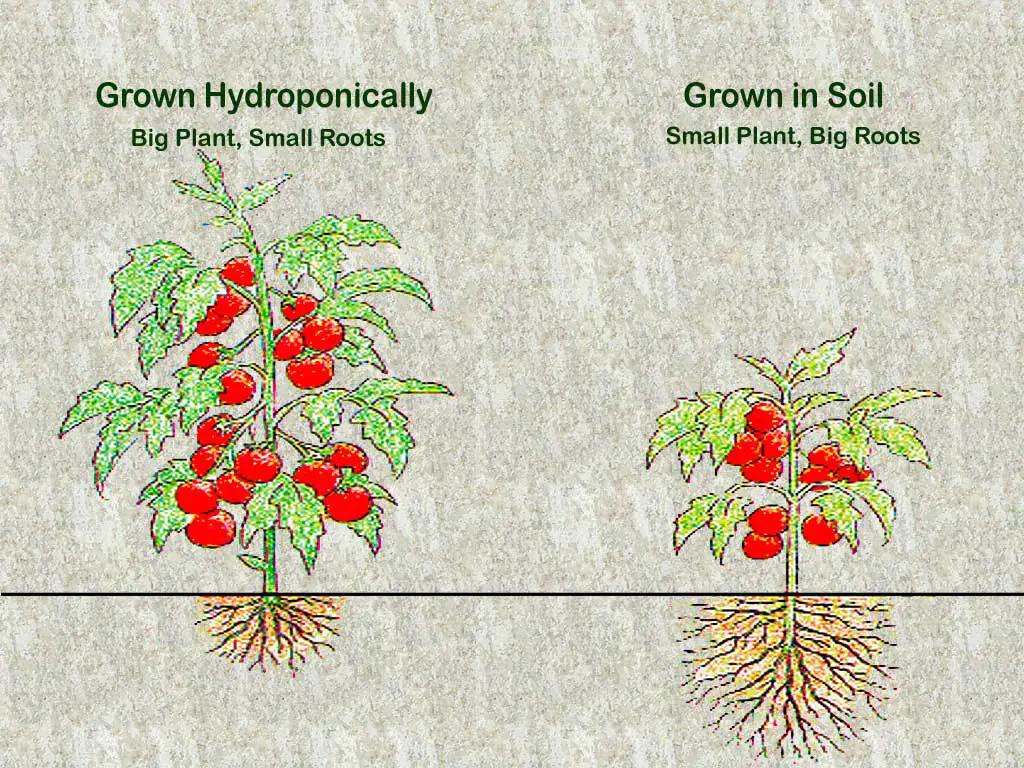
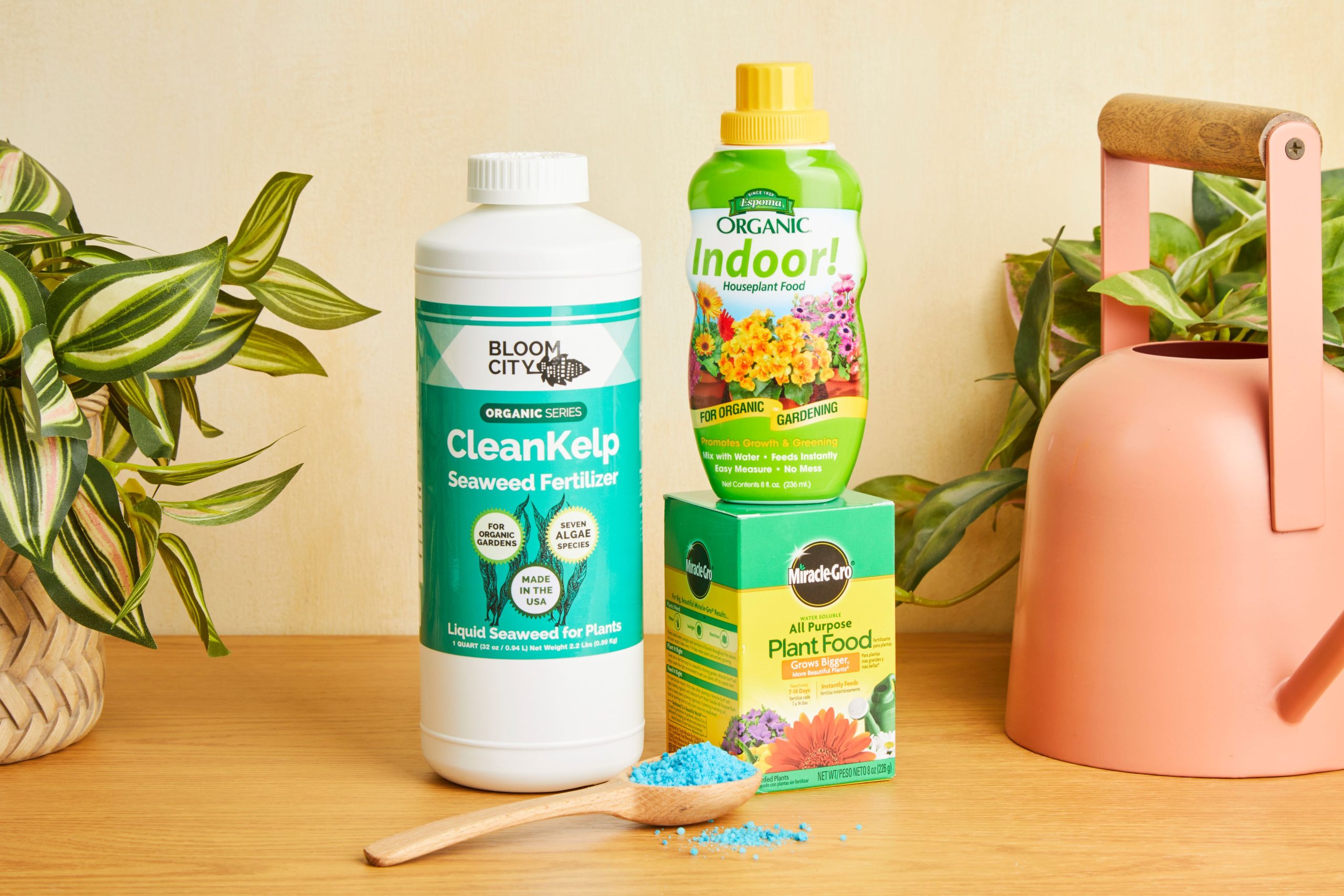
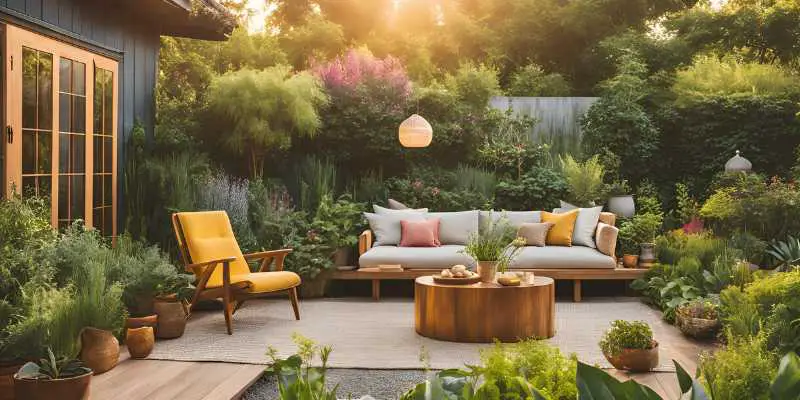
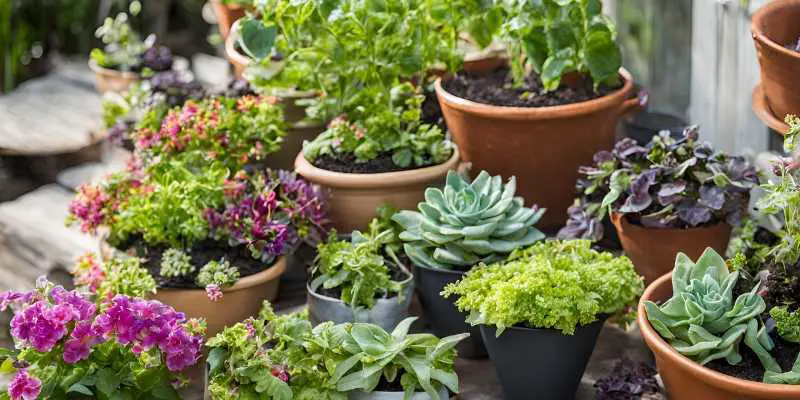
Leave a Reply